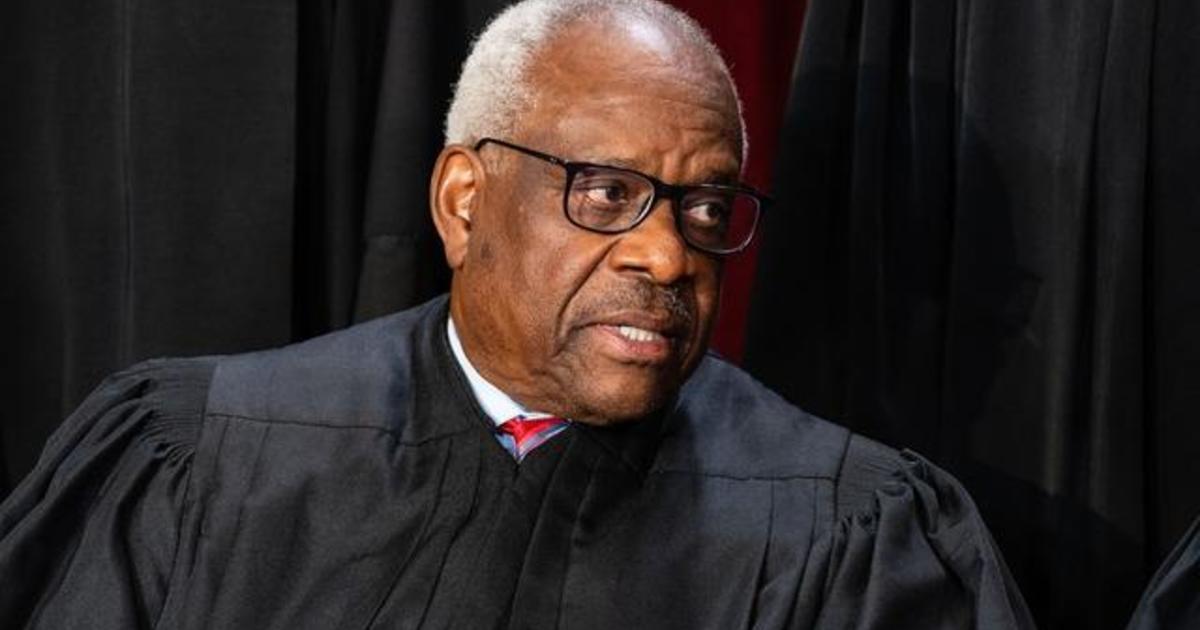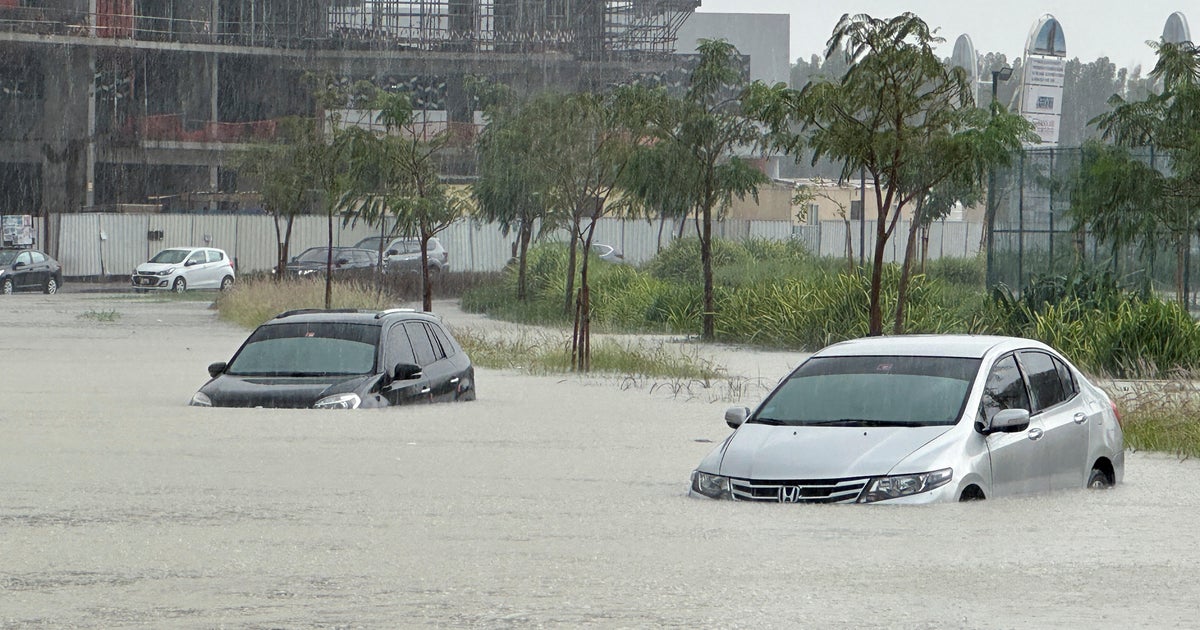Health agencies renaming "monkeypox" as "mpox" to help fight stigma
The Biden administration plans to officially switch how it refers to the disease once dubbed "monkeypox" to use the new name "mpox" instead, adopting a long-awaited renaming recommendation announced earlier on Monday by the World Health Organization.
As cases in the current outbreak swelled earlier this year, the WHO began the process of renaming the disease and its virus variants. Multiple advocates and countries had raised concerns over racist and stigmatizing use of the older name, which was first given to the disease after a 1958 outbreak among Danish laboratory monkeys.
It is actually wild rodents — not monkeys — that have been mostly spotted harboring the virus in the wild, and are suspected to be the culprit behind many "spillover" infections of humans from animals. Imported pet prairie dogs were blamed for the last significant U.S. outbreak in 2003.
The Department of Health and Human Services praised the WHO's decision to switch to the name mpox.
"We welcome the change by the World Health Organization. We must do all we can to break down barriers to public health, and reducing stigma associated with disease is one critical step in our work to end mpox," said Health and Human Services Secretary Xavier Becerra in a statement.
Often a years-long process, the WHO says it accelerated this name change to next year's edition of the International Classification of Diseases over the past few months. Recommendations were vetted at a meeting late last month.
"Considerations for the recommendations included rationale, scientific appropriateness, extent of current usage, pronounceability, usability in different languages, absence of geographical or zoological references, and the ease of retrieval of historical scientific information," the WHO said in a statement.
Mpox will be the new "preferred term," though the WHO said both names will be used over the next year as the old name "monkeypox" is phased out.
Similar to how the name COVID-19 technically only refers to the disease that is caused by the virus SARS-CoV-2, rather than the virus itself, the new mpox disease name leaves unchanged the name of the pathogen that causes it: monkeypox virus. Any change to that moniker would fall to another body called the International Committee on Taxonomy of Viruses.
The WHO and U.S. change comes as some federal health officials had already taken to calling the disease informally as "mpox" over recent weeks in meetings and presentations, even as their slide decks and websites continued to list the then-official "monkeypox" name.
Other alternative names like "MPX" or "MPV" had been adopted by some state and local health departments, though the latter could also be confused with a respiratory disease known as metapneumovirus. CDC publications had adopted the abbreviation "MPXV" to refer to the virus behind the disease.
A change to local mpox outbreaks
The name change comes as the pace of the current outbreak around the country has fallen sharply over the last few months. The U.S. is now averaging less than 15 new reported infections per day.
Since the outbreak began in May, nearly 30,000 Americans have been reported infected by the virus and 14 have died. Around 81,000 cases have been tallied globally.
An analysis published by the CDC earlier this month predicted the U.S. would see further slowing of infections in most parts of the country. However, the agency cited a handful of factors — including a stalled second dose vaccination campaign — that raise concerns of a resurgence in the future.
At a meeting to the CDC's outside advisers on emergency response and preparedness earlier this month, officials said they were shifting to a targeted effort to try to extinguish the outbreak.
Only a handful of counties are still reporting more than 15 cases per week. However, authorities acknowledge the virus could continue to pose a threat for the foreseeable future.
"We will need to ensconce mpox into the public health framework, and the natural space for a lot of that will be the STI programs in the public health departments, clinics, and then HIV clinics," said Dr. Jonathan Mermin, the CDC's monkeypox response incident manager.
"That's the space where the longer term effort with the population who appears in the current outbreak is at highest risk will be most effective," added Mermin, who is also the director of the National Center for HIV, Viral Hepatitis, STD, and TB Prevention within the agency.



